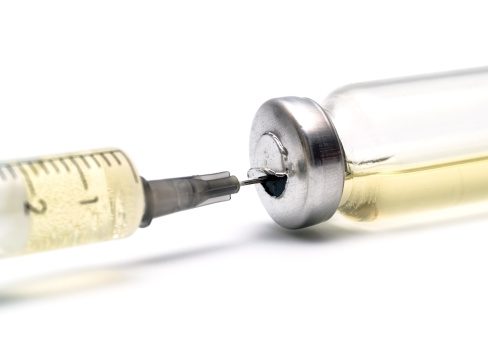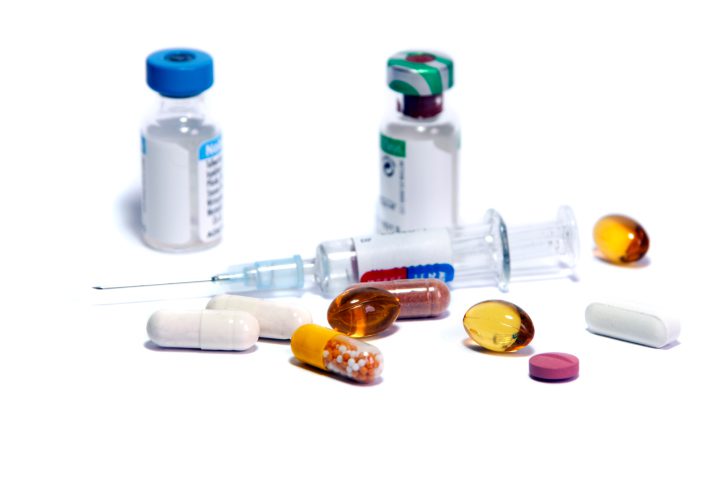Doping prevalent in recreational triathletes


The weekend fun runs are getting more competitive among amateur athletes and some are turning to more sinister avenues of improvement.
A new study published in PLOS One has found that as much as 13 per cent of recreational triathletes have used some form of physical doping, such as human growth hormone or anabolic steroids, in the past 12 months. The study also found that up to 15 per cent of recreational triathletes have used cognitive doping, usually prescription medications to increase attention, during that same time period.
The research also found that those who used one form of performance enhancer were much more likely to have used the other.
The researchers had 2,987 surveys returned at recreational triathalon events in Germany.
Many forms of cognitive doping are not banned in sport, but almost all forms of physical doping are. Still, almost no recreational athletes belong to a sport governing body that would require them to take any form of doping control tests, so it’s very easy for them to not get caught.
The researchers believe the results, although only representative of triathletes, likely also signal a trend in other recreational sports as well.
The new research builds on a previous 2006 study that found 13.5 per cent of everyday gym-goers had used anabolic substances for cosmetic purposes.
